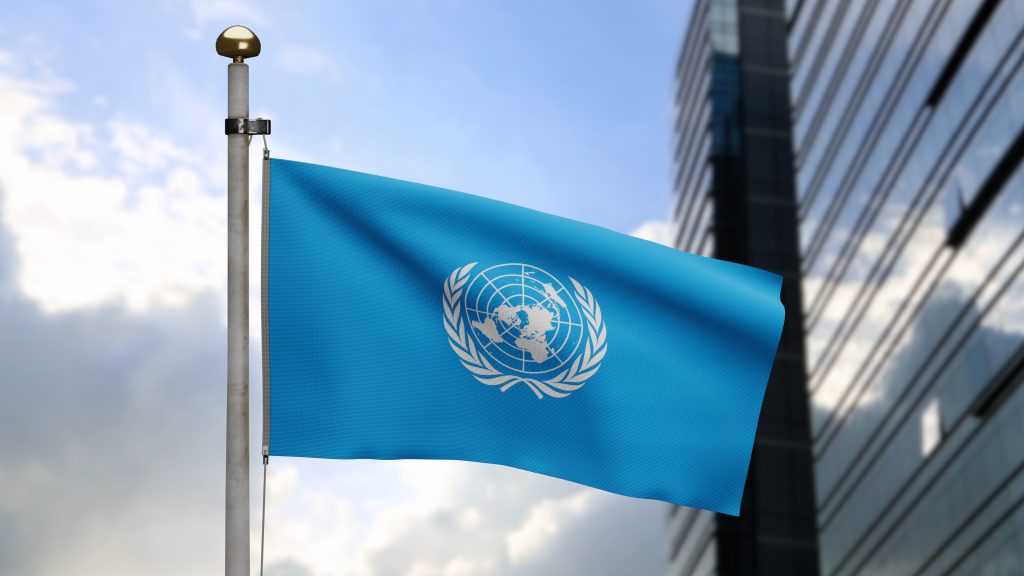UN OEWG Chair publishes guiding questions ahead of OEWG’s seventh session
The seventh session is scheduled for March 2024.

The Chair of the Open-Ended Working Group on the security of and in the use of information and communications technologies (OEWG) circulated a set of preliminary guiding questions to assist delegations in their preparations for the OEWG’s seventh session.
These questions include
| What potential threats should the OEWG study in the area of AI and other emerging technologies? What potential threats should the OEWG study in the area of proliferation and ready availability of sophisticated commercial and/or open-source ICT capabilities to non-state and private actors? |
| How can additional guidance, including a checklist, on the implementation of norms be leveraged to accelerate implementation efforts? |
| How could scenario-based discussions possibly be carried out within the framework of the OEWG? How could the OEWG work with and build upon existing initiatives in this regard (e.g. the UNIDIR workshop “Application of International Law to the Behaviour of States in the Use of ICTs –Challenges and Opportunities”)? What are some examples of scenarios that could be used as part of such discussions? |
| Are there additional CBMs that can be added to the Initial List of Voluntary Global CBMs? Could some examples of such additional CBMs potentially include: CERT-to-CERT cooperation; cooperation between states on capacity building to close the digital divide; Protection of critical infrastructure, Public-private sector cooperation, and Coordinated vulnerability disclosure? |
| Are there existing studies of foundational capacities that the OEWG could study and build upon? How could the identification of foundational capacities be used to support ‘demand-driven’ capacity building? |
| What views do states have on incorporating modules into the Global Cyber Security Cooperation Portal (GCSCP)? Are there any other possible modules that delegations wish to highlight? |
Delegations are invited to share views on the Chair’s Discussion Paper on a Checklist of Practical Actions for the Implementation of Voluntary, Non-binding Norms of Responsible State Behaviour in the
use of ICTs and on the Chair’s Discussion Paper on Draft Elements for the Permanent Mechanism on ICT Security in the context of international security.
Dive into the most recent discussions the OEWG held at its previous substantive session in December 2023:
The OEWG was established by the UN General Assembly in December 2018 (A/RES/73/27). The OEWG is tasked to continue to develop the rules, norms, and principles of responsible behaviour of states; discuss ways for their implementation, and to study the possibility of establishing a regular institutional dialogue with broad participation under the auspices of the UN. Also included in the group’s mandate is a study of existing and potential threats to information security and possible confidence-building measures and capacity development. Its composition is declared as open, allowing all UN member states that express a desire to participate.
For more information about the OEWG, please visit our dedicated page.


